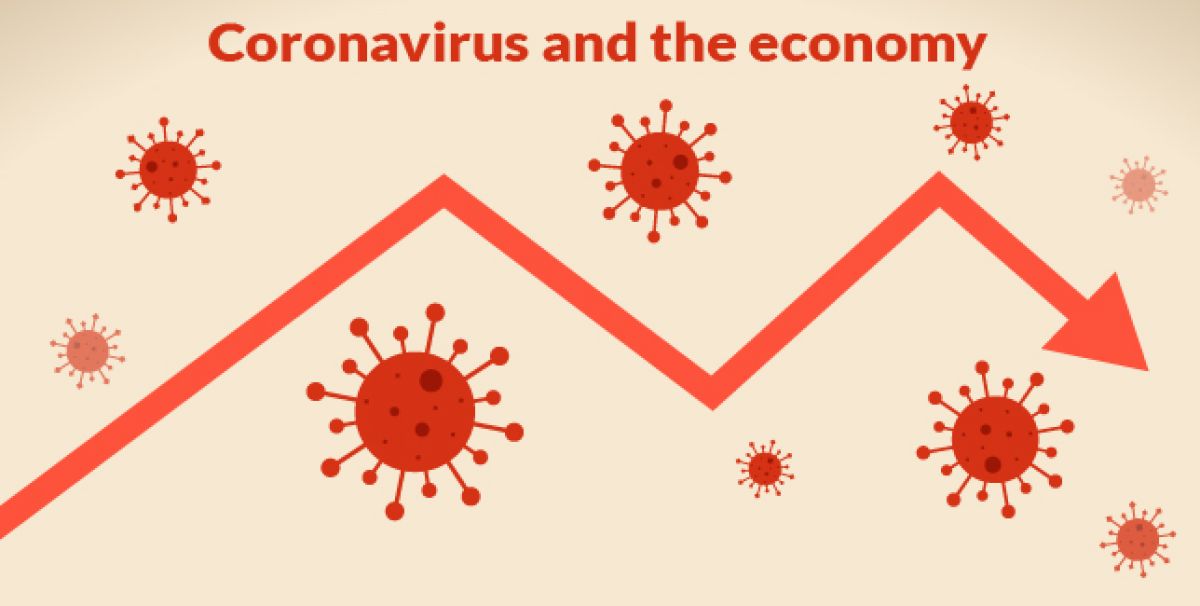ECONOMIC FALLOUT
In a recent report, the UN indicated that the epidemic will cause global FDI to shrink by 5%-15% from previous forecasts, resulting in only marginal growth in 2020-21, with automotive, airlines and energy industries hit hardest.
The report added that Japan’s economy shrank more than initially estimated in the fourth quarter – by the most since the 2014 sales tax hike – exacerbating fears for economic prospects at a time when the impact of the epidemic is increasing recession risk.
On the other hand, China’s exports contracted sharply in the first two months of the year, and imports slowed, as the health crisis triggered by the coronavirus outbreak caused massive disruptions to business operations, global supply chains and economic activity.
The outbreak likely halved China’s economic growth in the current quarter compared with the previous three months, a Reuters poll found.
U.S. officials are wrestling with what to do in the worst-case economic scenarios, if large numbers of people can’t go to work, are told to stay home, or stop going out in public entirely.
Japanese Prime Minister Shinzo Abe said the government will create a special loan program to offer zero-interest loans to companies hit by fallout from the coronavirus epidemic.
British finance minister Rishi Sunak, under pressure to fund the fight against the coronavirus and meet election promises in this week’s budget, has said he is looking at possible changes to rules which could allow him to spend more.
The European Central Bank has told most of its more than 3,500 staff to work from home on Monday to test how it could cope with a shutdown over coronavirus concerns, a spokesperson said Sunday.
The Asian Development Bank said the outbreak could slash global economic output by 0.1-0.4%, with financial losses forecast to reach between $77 billion and $347 billion.
MARKETS
As far as global share markets are concerned, they tumbled as panicked investors fled headlong to bonds to hedge the economic trauma of the coronavirus, and oil plunged more than 30% after Saudi Arabia opened the taps in a price war with Russia.
Gold prices jumped past the $1,700 per ounce level for the first time since late 2012, as the outbreak and a plunge in crude oil hammered equities.




